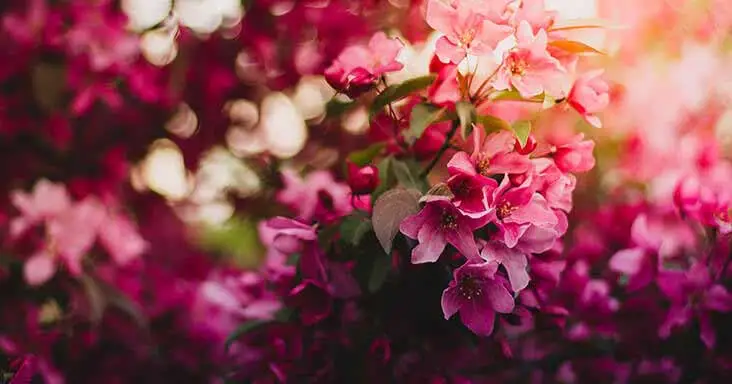
The term biophilia was first coined all the way back in 1973 by a German psychoanalyst named Erich Fromm. He used the term to refer to "the passionate love of life and all that is alive." The concept was further explored by Edward O. Wilson, an American biologist who wrote a book entitled Biophilia which was published in 1984. According to Wilson, biophilia is "the urge to affiliate with other forms of life."
In other words, we innately love things which are alive. The biophilia hypothesis does make a lot of sense, considering our devotion to our pets, our gardens, and our fascination and respect for nature. Whilst the term was first coined by Fromm, the concept has been around for a while and can be traced back to ideas put forth by Aristotle regarding love of life.
It's no secret that flowers have been proven to reduce stress and elevate mood. Studies have even shown that flowers can help ward off negative moods including stress, depression, fear and anger. The biophilia hypothesis can go some ways to helping explain why it is that we found flowers so darn delightful.
We humans adopt cats, dogs and other pets as loyal companions. We sing to our plants to encourage them to grow, some of us anyway. We conserve natural parks and protect endangered species, such is our awe and respect for nature. Our adoration of flowers is another aspect of this tendency which can be tied into the biophilia hypothesis.
The hypothesis is founded on research into biological evolution and evolutionary psychology:
"our natural love for life helps sustain life... Very often, flowers also indicate potential for food later. Most fruits start their development as flowers. For our ancestors, it was crucial to spot, detect and remember the plants that would later provide nutrition."
In other words, our love of plants and flowers can be traced back to biological cues which were vital for survival.
Biophilia is the opposite of biophobia which is a fear of nature. Again, this appears to be a deeply rooted biological survival mechanism which causes us to feel aversion towards poisonous predators. Biophobia could be regarded as the sinister yin to biophilia's yang - both are necessary evolutionary traits which have ensured the human race has made it as far as it has. What is interesting to contemplate is if these innate psycholoigal traits will survive and be inherited by future generations in a world which is increasingly mechanised, technological, and closed off from nature.


